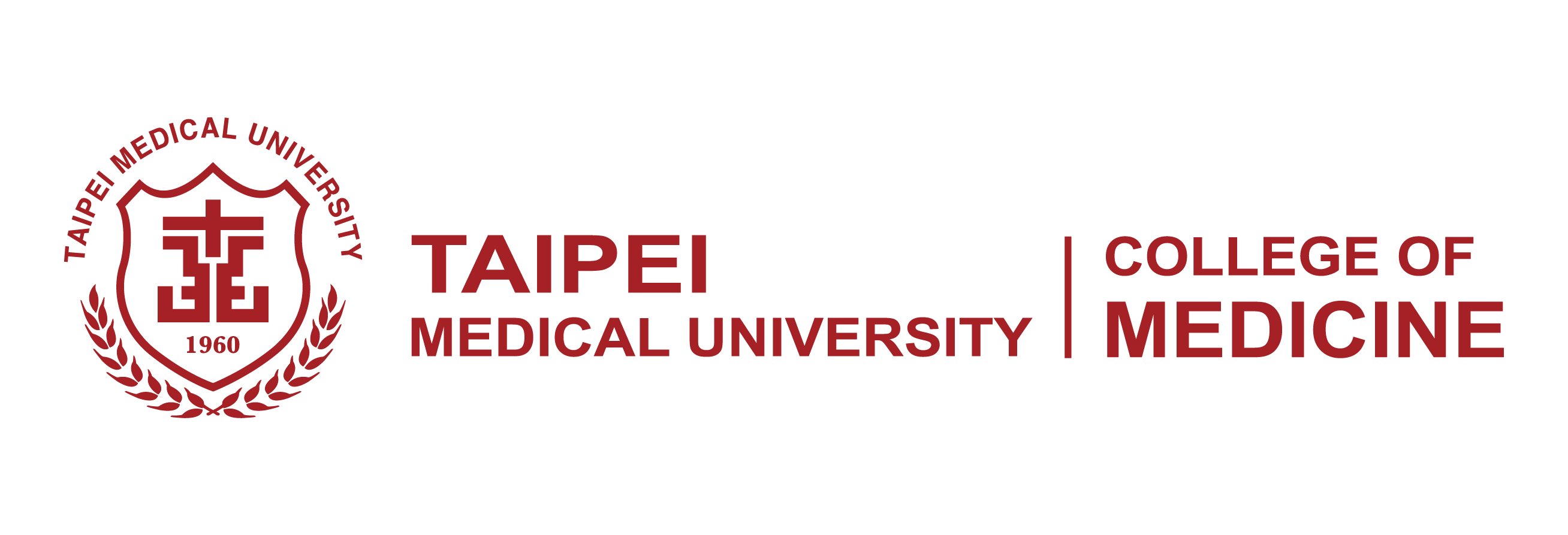Research | Departments
Research
Departments
Research | Departments
Research
Departments
Our lab primarily concentrates on three key areas:
1. Identifying novel biomarkers for Hepatocellular Carcinoma (HCC), Colorectal Cancer (CRC), and breast cancer.
2. Exploring natural compounds as potential treatments for cancer.
3. Investigating new therapeutic targets for fatty liver disease

Email | r5424012@tmu.edu.tw
Profile | Academic Hub/Pure Experts
Professor
Molecular Biology, Protein Chemistry, Emzymology, Hematology, Cancer Biology, Biochemistry
Professor Chang Yu-Jia earned his doctoral degree in 2003 from the Institute of Basic Medical Sciences, National Cheng Kung University. He then pursued postdoctoral research at the University of Rochester, USA. In 2006, he joined Taipei Medical University Hospital as a clinical researcher. The next year, he took up a teaching role in the Department of Surgery at the Taipei Medical University School of Medicine. Since 2013, he has been serving as a professor at the Institute of Clinical Medicine, Taipei Medical University. His research primarily revolves around molecular and cell biology, recombinant proteins, and tumor drug development, with a special focus on understanding cancer cell mechanisms and exploring potential therapeutic strategies.







 Total Users : 310338
Total Users : 310338
 Yuan Hung 洪元
Yuan Hung 洪元 